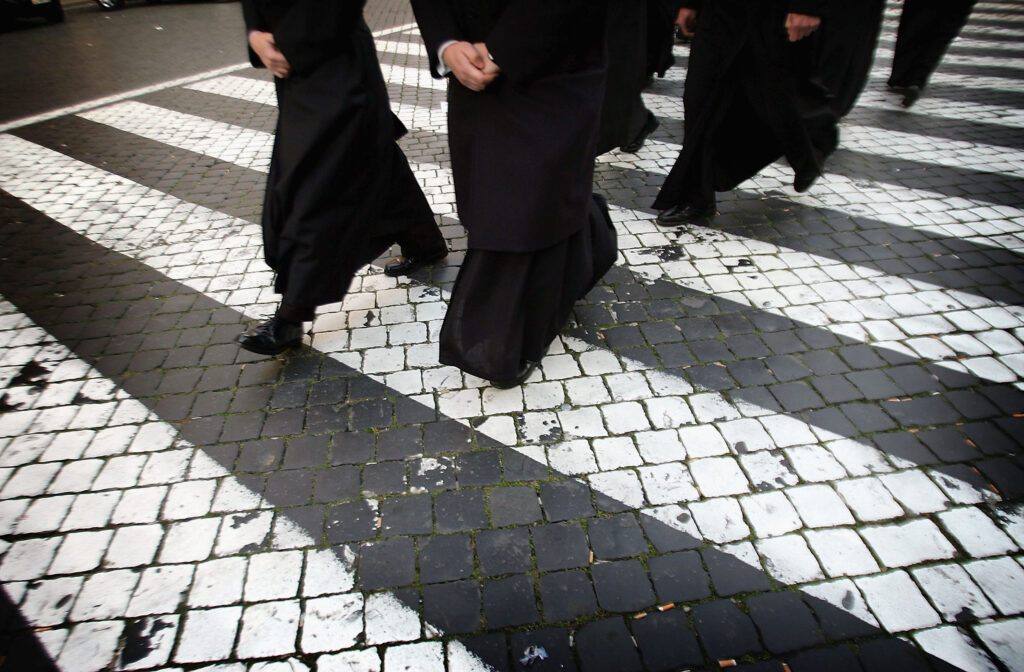Papal Conclave and Continued Restrictions Following Death of Pope Francis: Critical operational impact on Rome business aviation

With the papal conclave to elect the next pope beginning May 7, business aviation operators can expect continued operational disruption at Rome-area airports. The conclave follows the passing of Pope Francis on April 21, an event that has drawn global attention and significantly increased diplomatic, VIP, and media traffic to the region—compounding ongoing congestion tied to the 2025 Jubilee Holy Year.
In the immediate aftermath of the pope’s death, all PPRs at Rome-area airports were suspended from April 24–30 and replaced with a strict day-by-day approval process. Approved PPRs could not be modified, cancellations required 48 hours’ notice, and parking availability was severely limited. These restrictions have led to ongoing challenges, particularly for operators needing flexibility or short-notice access.
As the conclave progresses and with the announcement of a new pope expected shortly thereafter, operators should plan for short-notice airspace restrictions, increased security screening, and strained service availability at both Ciampino (LIRA) and Fiumicino (LIRF). Secondary airports may be required for parking or repositioning, and delays should be expected across most support services.

Current operational status
The following protocols remain in effect or are being applied as needed:
-
Suspension of Standard PPRs: Standard PPR processes were paused from April 24–30 and replaced with daily evaluations, a process that may resume depending on volume and security activity.
-
Rolling Approval System: Authorities continue to review requests on a day-by-day basis, with no long-term confirmation guarantees.
-
No Modifications Allowed: Any change to an approved PPR—such as aircraft, operator, or arrival date—renders the approval invalid.
PPR and Access Considerations
-
48-Hour Cancellation Requirement: Canceling an approved PPR requires at least 48 hours’ notice. Late cancellations may be subject to a €500 penalty.
-
High Risk of Denials: Last-minute requests or attempts to modify existing PPRs may be rejected due to parking saturation or heightened security postures.
Post-Conclave Restrictions
Independent of conclave-specific restrictions, a separate policy affecting business aviation operations is now in place: from May 1 through September 30, ferry-in flights with wingspans exceeding 21.4 meters are limited to a maximum 24-hour turnaround at Rome-area airports. This rule is being strictly enforced and is unrelated to the conclave itself.
Operational Challenges to Expect
-
Crowd and Traffic Volume: The conclave, funeral ceremonies, and ongoing Jubilee Year events are drawing millions of visitors, creating extreme pressure on infrastructure and service providers.
-
Severely Limited Parking: Parking at Rome’s primary airports remains scarce, and most requests for extended stays are unlikely to be approved.
-
Security Restrictions: Expect more checkpoints, restricted areas, and security-driven ramp limitations.
-
Ground Transport Delays: Road congestion and limited vehicle availability should be factored into crew and passenger planning.
-
Support Provider Overload: Ground handlers, fuelers, caterers, and transport companies are managing near-capacity demand levels.
Outstanding Items Still Pending
As of publication, the following information remains subject to change or awaiting official confirmation:
-
NOTAMs or advisories tied to conclave conclusion or the papal announcement
-
Temporary Flight Restrictions (TFRs) that may accompany the introduction of a new pope
-
Diplomatic clearance procedures and protocols for VIP delegations
-
Additional security regulations affecting GA flights and crew movements
Recommendations for Operators
-
Submit Early: File all slot and PPR requests as far in advance as possible, even if approval is not guaranteed.
-
Prepare Alternates: Identify and coordinate use of secondary airports well outside of Rome for repositioning or staging.
-
Build in Flex Time: Plan for slower handling, longer turnaround times, and tighter ramp operations.
-
Lock in Services: Pre-arrange catering, crew transport, and ground handling to avoid availability issues.
-
Monitor Conditions: Stay in contact with your trip support provider for real-time updates on NOTAMs, airspace closures, and shifting regulations.
Ongoing Monitoring

Universal Aviation Italy continues to coordinate closely with Italian aviation authorities and Vatican officials and will provide immediate updates as new details emerge. Our local team remains available to support clients with trip planning, schedule adjustments, and day-of-operation logistics throughout this high-impact period.




